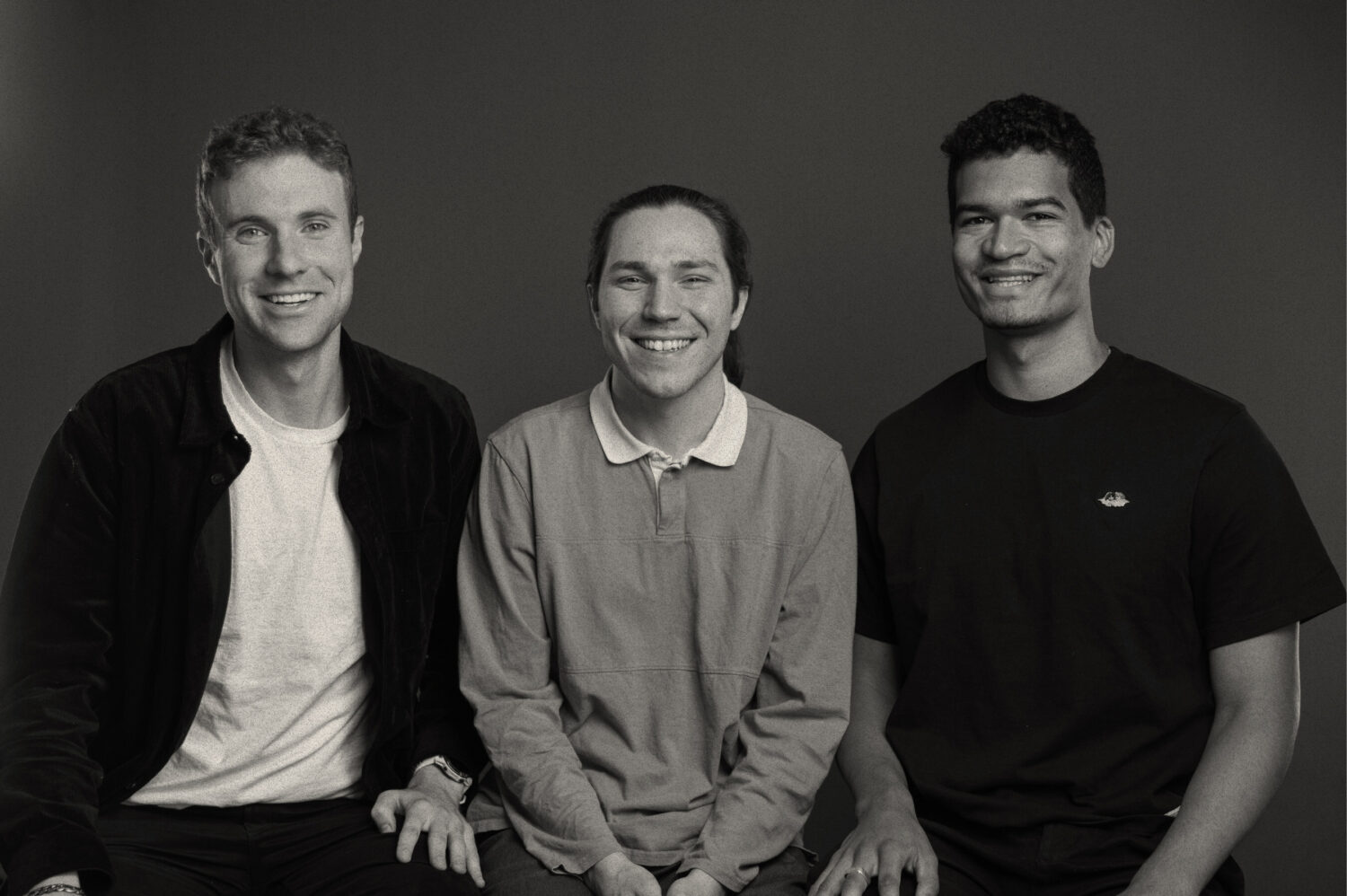
What You Should Know:
– Tennr, the company helping providers manage the complex and often chaotic patient referral process secures $101M in Series C funding round led by IVP, with participation from new and existing investors including Andreessen Horowitz, Lightspeed, GV, ICONIQ, Foundation Capital, and Frank Slootman.
– The company, which has more than tripled its revenue since its Series B just two quarters ago, is tackling one of the most persistent operational challenges in healthcare: the fragmented and manual process of referring patients for specialty care.
Solving the Referral “Black Hole”
Each year, more than one-third of Americans are referred for specialty care, imaging, or treatment. For the specialists on the receiving end, these referrals arrive via a disjointed mix of fax, email, and various e-portals, often requiring hours of manual review and follow-up. This creates massive backlogs, leading to missed patients, more claim denials, and weeks-long delays for care—even for urgent cases.
Tennr’s platform is designed to help providers convert more of these incoming patients and deliver care more efficiently, all without having to overhaul their existing workflows.
Tennr Network: A New Layer of Coordination
With this new funding, Tennr is launching the Tennr Network—a powerful new coordination layer that connects all parties in the referral process, giving them unprecedented real-time visibility.
- Referring Providers can see the current status of every patient they’ve sent out, eliminating phone tag and guesswork.
- Receiving Providers can track the status of every incoming referral, see which require more documentation, and identify which referral sources are driving the most conversions.
- Patients can finally see when their referral was accepted, when it’s scheduled, and what to expect to pay, bringing a level of transparency common in e-commerce to the healthcare journey.
Tennr’s platform is powered by a combination of an enterprise orchestration engine and a series of specialized language models called RaeLM. Unlike generic large language models, RaeLM is optimized to understand the nuanced data in medical documentation and evaluate it against complex payer criteria to flag potential issues and denials.
“Patients really shouldn’t vanish into a work queue,” said Trey Holterman, Tennr co-founder and CEO. “There’s so much opportunity to build a delightful patient experience, but it’s always failed because we expect so much behavior change from providers who are completely overwhelmed. We flipped that thinking and are now creating visibility for the patient flow without changing how people work.”
